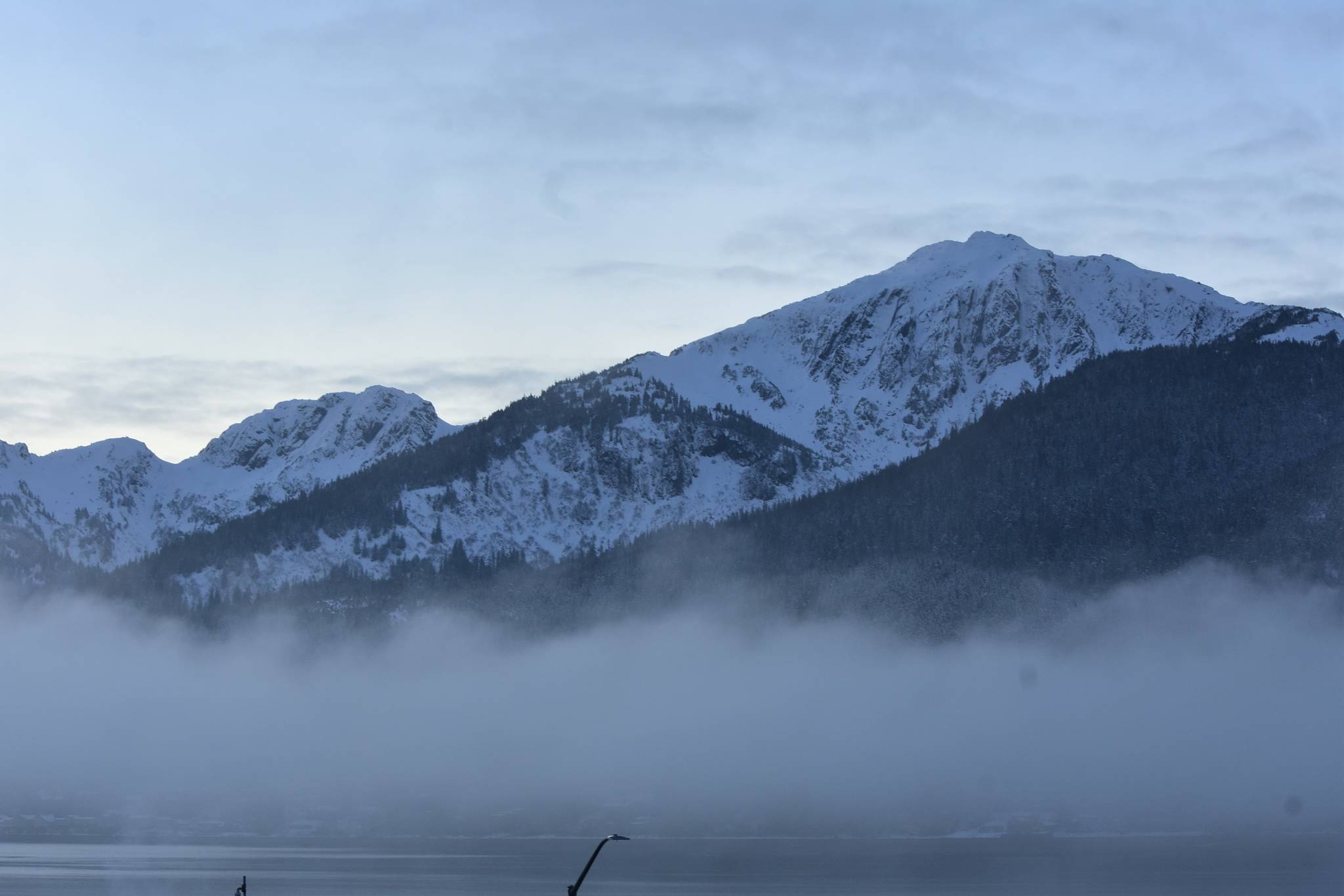Citing a business model focused on healthy oceans, the Sealaska Corp. announced Monday that it would transition out of all logging operations in 2021.
A six-year buildup in businesses anchored around oceans resulted in the pivot, which they expect to accomplish this year, wrote Heidi de Laubenfels, a Sealaska spokesperson, in a news release.
“Logging created value for our Alaska Native shareholders for decades, and it brought us to where we are today. We’re grateful for the commitment and professionalism that led to our success,” said Sealaska CEO Anthony Mallott in the news release. “But we’ve now built an organization that can thrive well into the future, and that means engaging in activities with more enduring benefits for our communities.”
The move has been greeted enthusiastically by some Southeast Alaska conservation organizations, including the Southeast Alaska Conservation Council, applauding the future effects on Tongass National Forest, primarily on Prince of Wales Island.
[Juneau students begin to return to classrooms]
“Across the board, we’re overjoyed by this decision. We’re looking forward to hearing and learning more. Environmentally, this is very important, especially with incoming president Joe Biden’s commitment to working on climate change,” said SEACC executive director Meredith Trainor. “We think the Tongass is a great opportunity for the Biden administration to advance their goals around climate change. It’s a really big deal for Southeast Alaska, both environmentally and economically.”
Sealaska has invested in a number industries anchored around the ocean, including geotechnical engineering, ocean science, marine construction, environmental remediation and nearly $1 billion for low-impact food production from the sea, said de Laubenfels, speaking for Sealaska. A major focus is on tourism in the region, which is a major economic driver.
“Several years ago, we started carefully investing in successful new businesses that are better aligned with Sealaska’s Alaska Native heritage,” Mallott said. “Now we are in a good position to redirect our efforts into work that’s in balance with our natural resources, and that we also believe will create significantly more value for shareholders and communities in the long term.”
Workers involved in the logging industry will be assisted by Sealaska in transitioning to other careers, according to the news release. A release from Mallott and Joe Nelson, the Sealaska board chair, states that the lands will remain open for selective harvesting, a much more sustainable logging practice, as well as recreation. Logs will also continue to be made available for artists.
“It’s critically important to us to ensure a smooth transition for our employees. While some logging jobs will eventually go away, new job opportunities will come from other forms of economic development and tourism,” said de Laubenfels. “Many jobs will remain for months through the wind-down process. Some jobs will continue indefinitely as part of ongoing land management. It’s also key to note that it’s important to us to support our communities through the transition and set them up for new and improved economic drivers that will provide enduring value.”
“It’s the first time in a while we’ve seen a leading actor in logging on the Tongass make such an intentional pivot in their manner of doing business in the region,” said Trainor.
Sealaska’s decision could be a model for the future of the region, Trainor said.
“We’re excited about the fact that we’re building a business that’s beneficial to all communities — one that’s focused on ocean health and fostering balanced ecosystems,” de Laubenfel said. “It’s important to us to take care of our land in a way that will benefit all people for generations to come.”
• Contact reporter Michael S. Lockett at (757) 621-1197 or mlockett@juneauempire.com.

